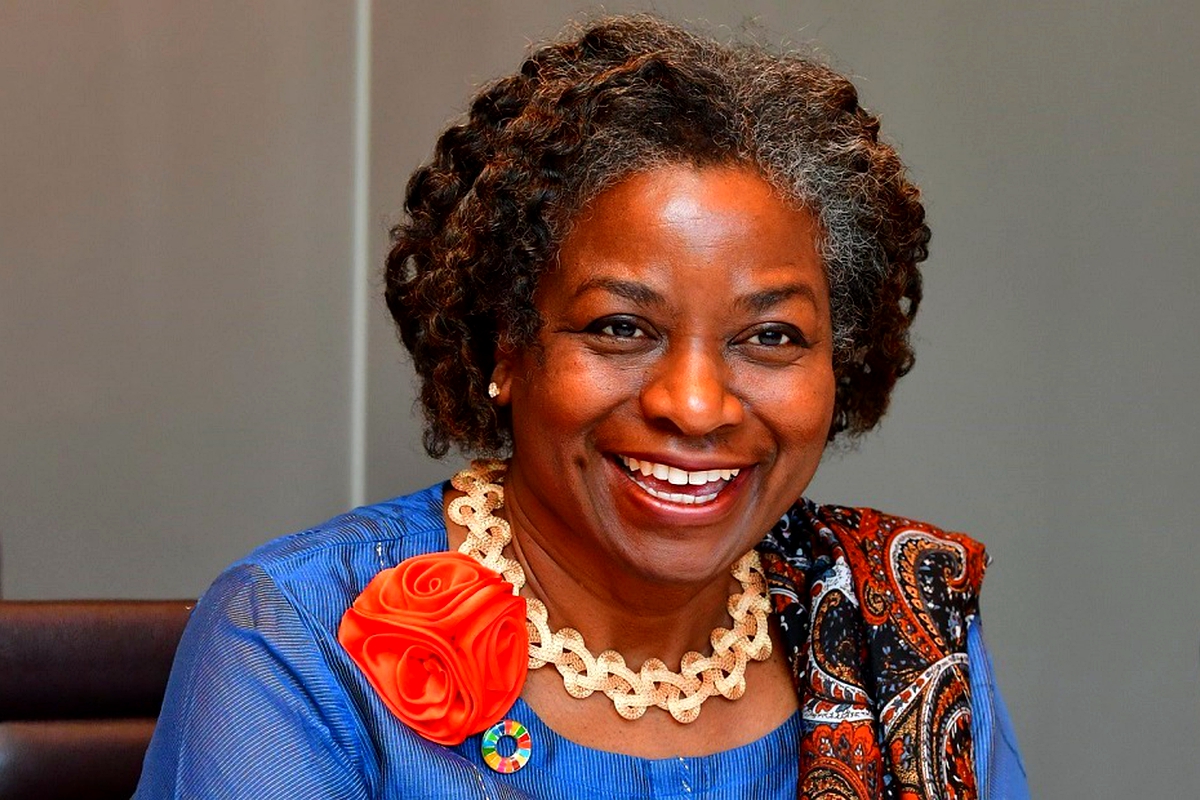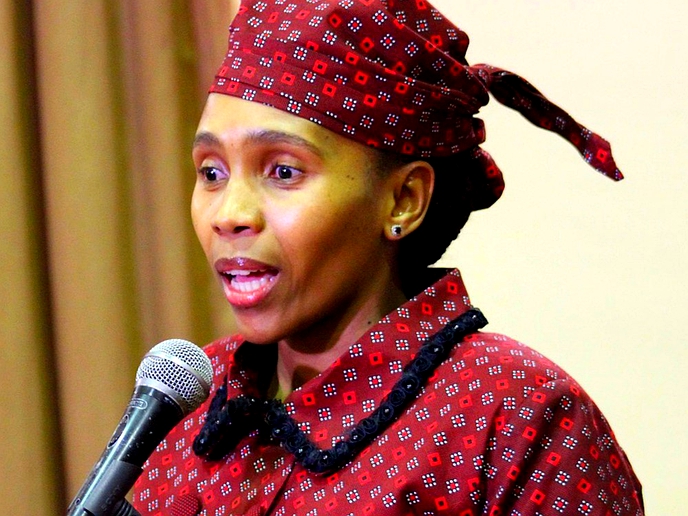MIDWIVES can meet about 90 percent of the need for essential sexual, reproductive, maternal, new-born and adolescent health interventions, says the United Nations Population Fund (UNFPA).
health
May 16, 2022
LINEO MABEKEBEKE
3 min read
Midwives champion reproductive health

UNFPA Executive Director, Dr Natalia Kanem
Story highlights
A report by the UN agency said midwives strengthened the health and well-being of women, adolescents, new-borns and put safe and effective care within the reach of more people, contributing to women’s empowerment and gender equity.
It said the role of midwives was vital to reducing mortality rates among girls and generally strengthened their health and wellbeing. During the Covid-19 pandemic, however, midwifery was impacted by restrictive practices introduced in maternal and new-born care to mitigate the risk of cross-infection.
The World Health Organisation (WHO) in collaboration with UNICEF and UNFPA has developed technical guidance for countries to enable continuity of essential Sexual, Reproductive, Maternal, Neonatal, Child and Adolescent Health services while protecting and supporting midwives.
The UNFPA said there was a tendency to think midwives were needed just for maternal and new-born health care.
However, it said 55 percent of care needed was for maternal and new-born health interventions. Thirty-seven percent is for other sexual reproductive health interventions such as counselling, contraceptive services, comprehensive abortion care, detection and management of sexually transmitted infections, and eight percent for adolescent sexual and reproductive health interventions.
WHO said midwives had the capacity to provide a wide range of clinical interventions, contributing to broader health goals if fully integrated into the health care system with the necessary enabling support.
These include advancing primary health care, addressing sexual and reproductive rights, promoting self-care interventions, and empowering women.
Enjoy our daily newsletter from today
Access exclusive newsletters, along with previews of new media releases.
WHO has advocated for the adoption of policies to combat sexual harassment and promote a safe and respectful work environment for midwives and other health workers, adding that midwives are central to the prevention of maternal and new-born deaths and stillbirths.
With adequate investment in midwifery, the report said 4.3 million lives could be saved annually by 2035, particularly in Africa, which records around 196 000 maternal deaths each year along with deaths of one million babies younger than one month.
Despite significant progress in Africa to reduce preventable deaths related to pregnancy, childbirth, and the postpartum period, the WHO said the interruption of services due to the COVID-19 response was one of several challenges that still remained.
On International Day of the Midwife that was celebrated on May 5, 2022, UNFPA Executive Director, Dr Natalia Kanem urged governments, academic institutions, civil society and partners to invest in midwifery education, recruitment, regulation and protection.
Dr Kanem said investment in boosting the number of midwives in Africa would contribute to better health, gender equity, and inclusive economic growth.






